
From First Step to Final Bow
Step Into Rhythm – Discover the Dancer in You!
The Beauty of Tradition: Sri Lankan and Indian Classical Dance
Dance is a universal language of expression that transcends borders, culture, and time. Among the most captivating and deeply spiritual forms of dance in South Asia are the traditional dances of Sri Lanka and the classical styles of India, including Bharata Natyam and Kathak. These forms are not just performances but living traditions that reflect centuries of history, mythology, and cultural identity.
Our Traditional Dancing Styles in Our Class
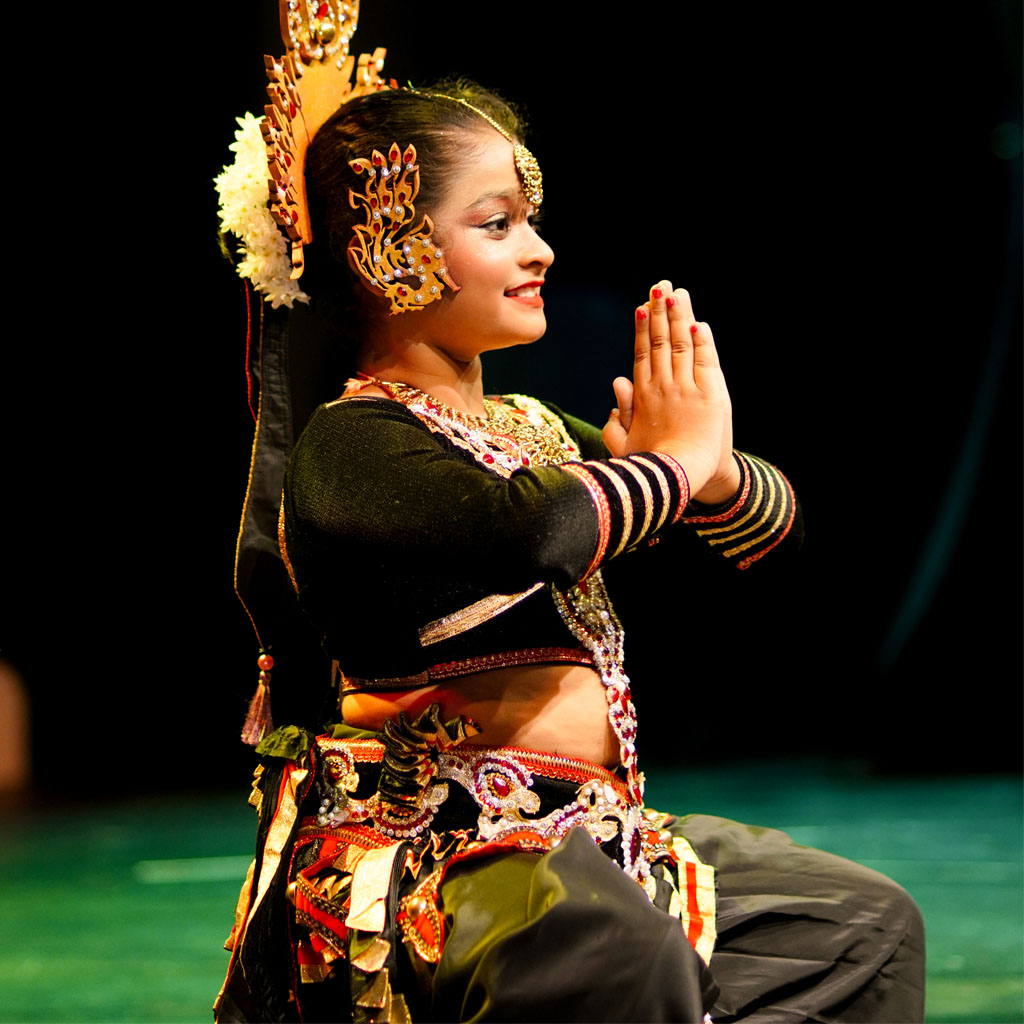
Udarata Dance
Sri Lankan traditional Dance style. Originated in the hill country of Kandy. Performed in rituals like the Kohomba Kankariya to invoke blessings.
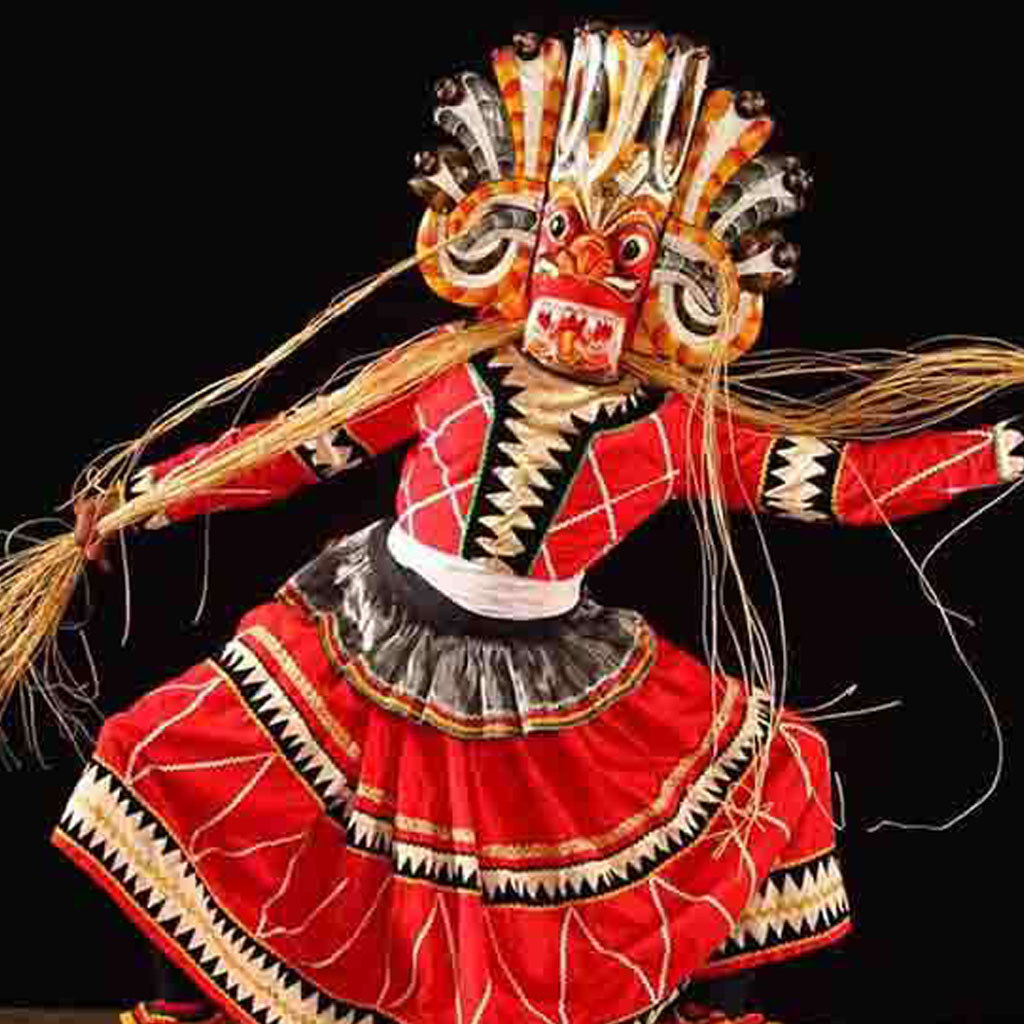
Pahatha Rata Dance
Sri Lankan traditional Dance style. Originates from the southern coastal areas. Used in rituals to heal illnesses caused by evil spirits (e.g., Devil Dance).
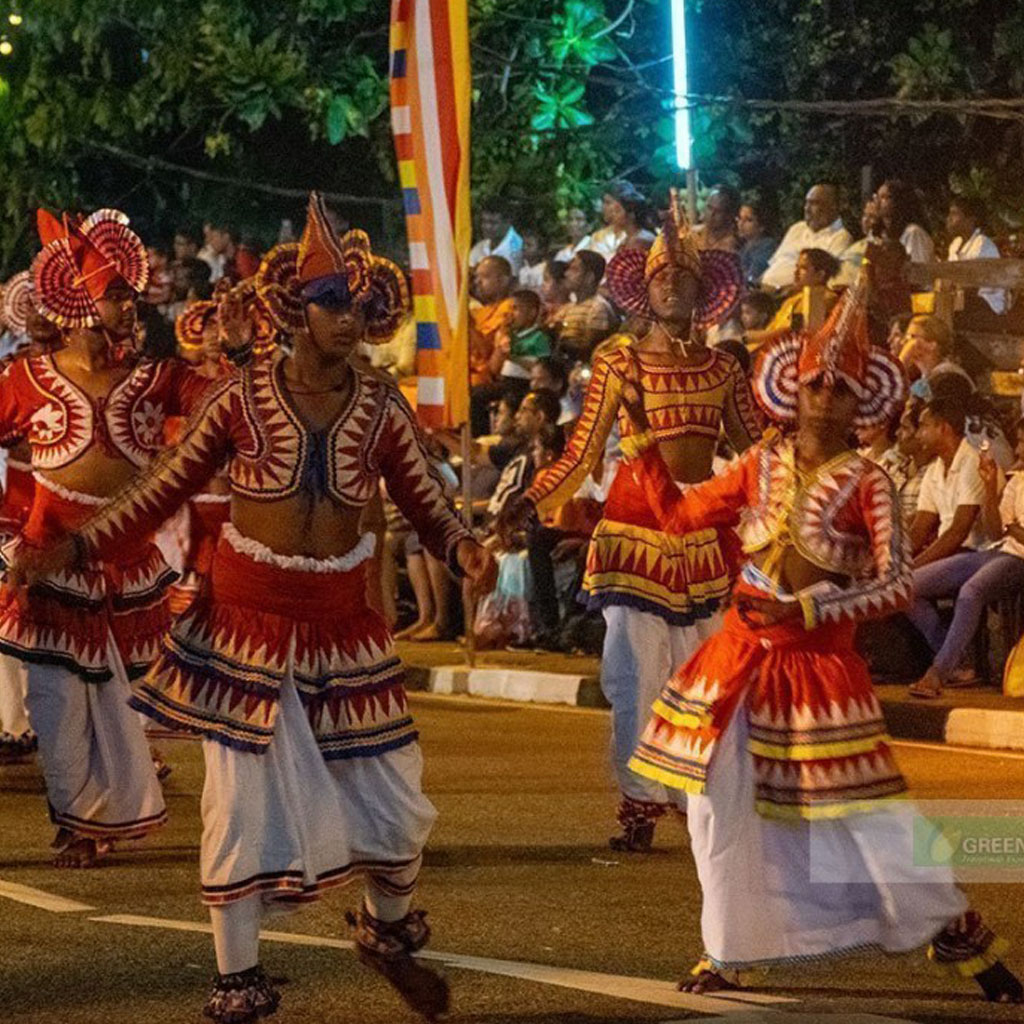
Sabaragamuwa Dance
Sri Lankan traditional Dance style. A blend of ritual and folk dance from the Sabaragamuwa province.

Gami Natum
Sri Lankan folk dance reflects the everyday life, culture, and traditions of rural communities across the island.
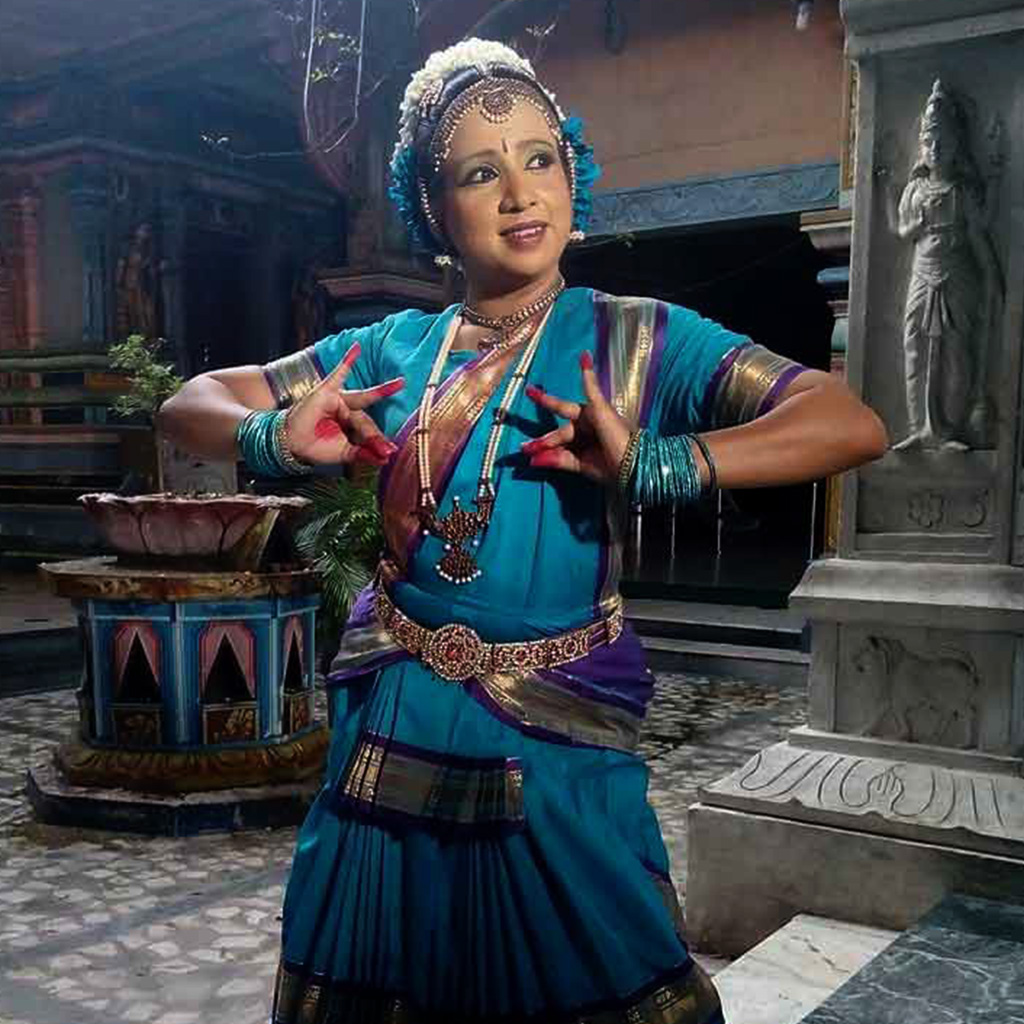
Bharatha Natyam
Indian traditional dance style.Bharata Natyam is one of the oldest and most revered classical dance forms of India, with its roots in Tamil Nadu.
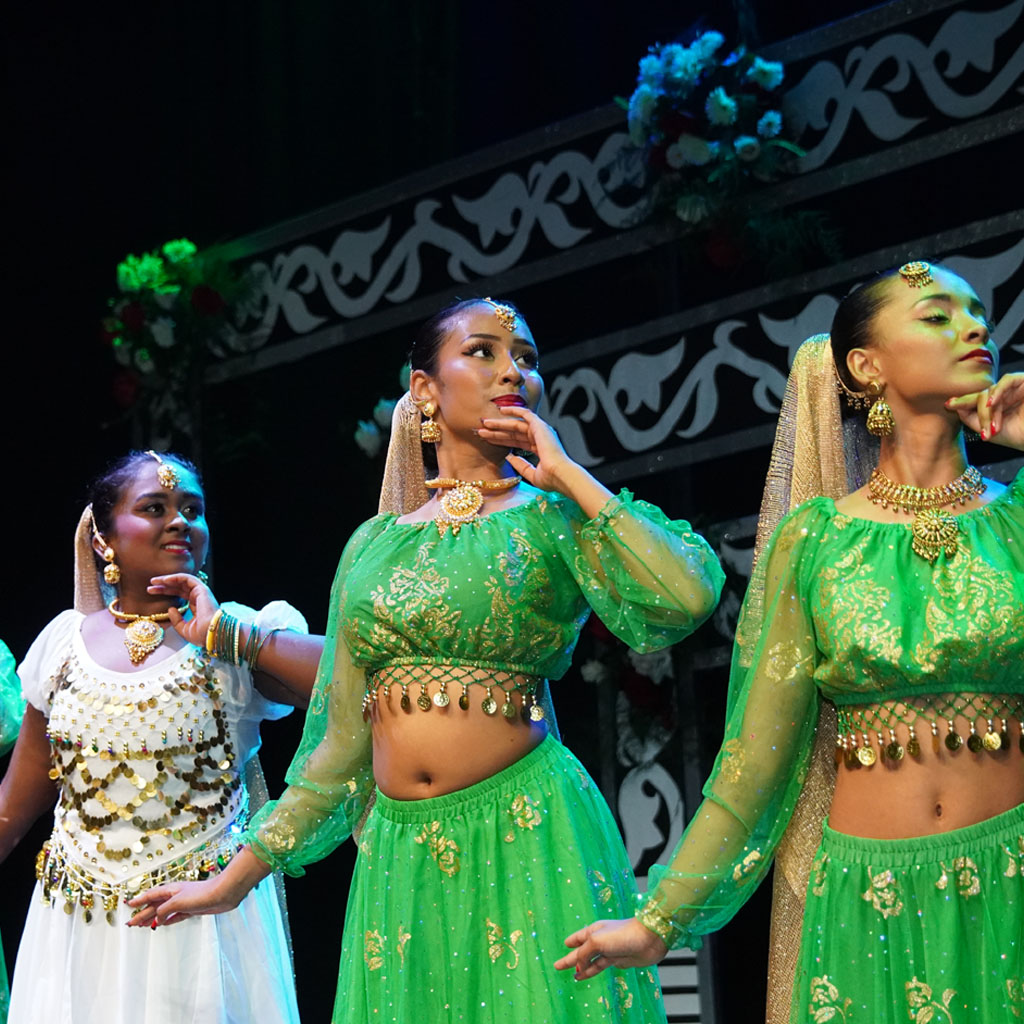
Kathak Dance
Kathak originates from northern India and is characterized by storytelling through rhythmic footwork and graceful spins. The name “Kathak” comes from katha, meaning “story.”
World Dance Styles
Dance is a universal language that unites people across cultures, continents, and generations. From traditional rituals to modern expressions, each region of the world has developed its own unique dance forms, shaped by history, music, religion, and lifestyle.
African dances are rooted in rhythm, community, and celebration, with strong movements and powerful drumming.
Latin American dances like Salsa, Samba, and Tango burst with passion, energy, and sensuality, reflecting a vibrant cultural fusion.
European dances, from the elegance of Ballet to the lively Irish Step Dance and Flamenco of Spain, highlight precision, grace, and emotion.
Asian dance styles include the storytelling elegance of Indian classical dances, the graceful gestures of Thai and Japanese dances, and the lively folk traditions of China and Indonesia.
Middle Eastern dances, such as Belly Dance, emphasize fluidity, expression, and intricate hip movements.
In the modern world, contemporary, hip-hop, jazz, and street dance styles have emerged as global phenomena, blending traditional roots with creative innovation.
World dance styles celebrate the diversity and beauty of human expression, offering a glimpse into the heart of every culture through rhythm, movement, and story.